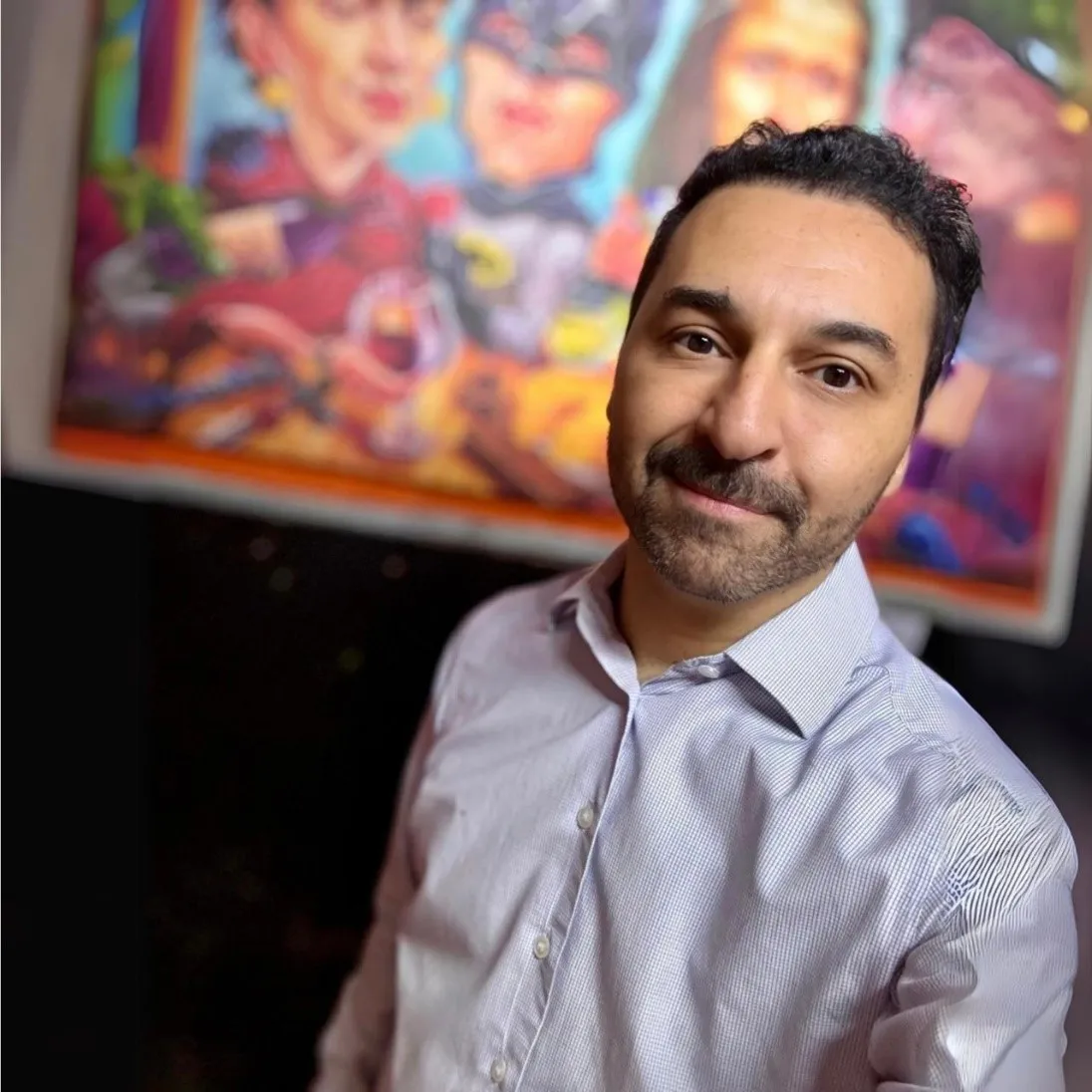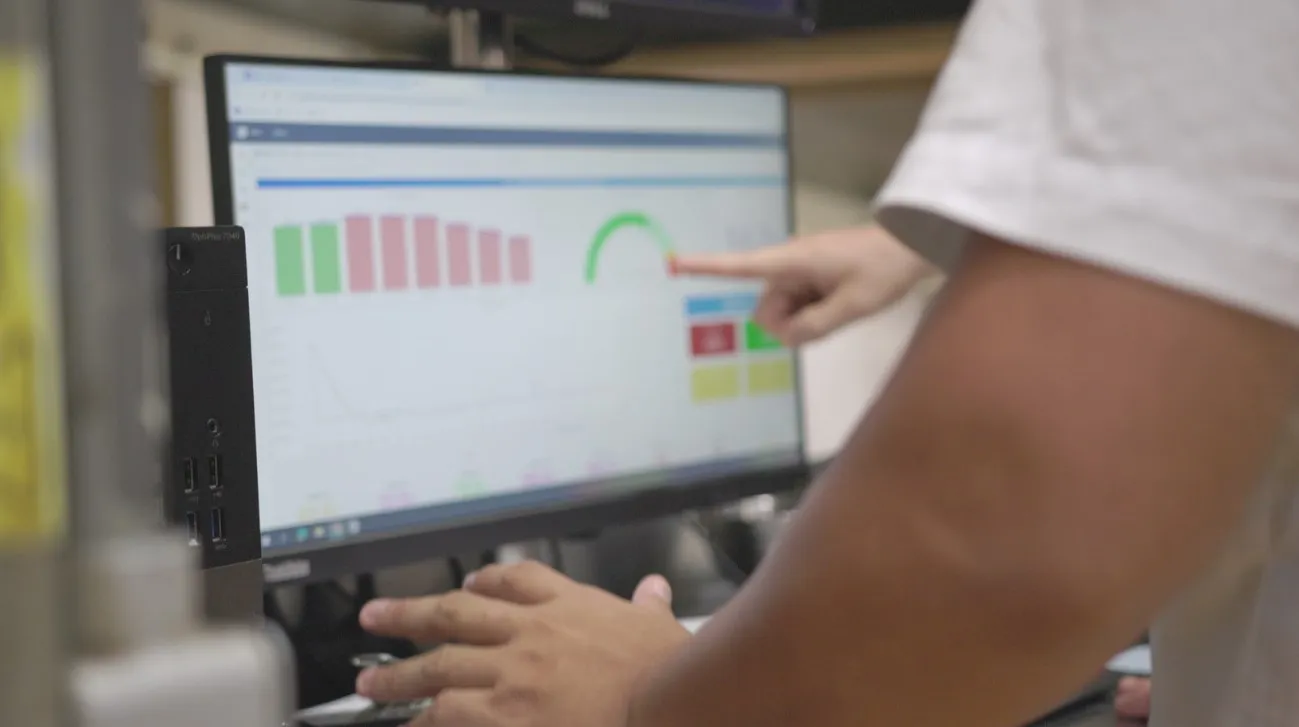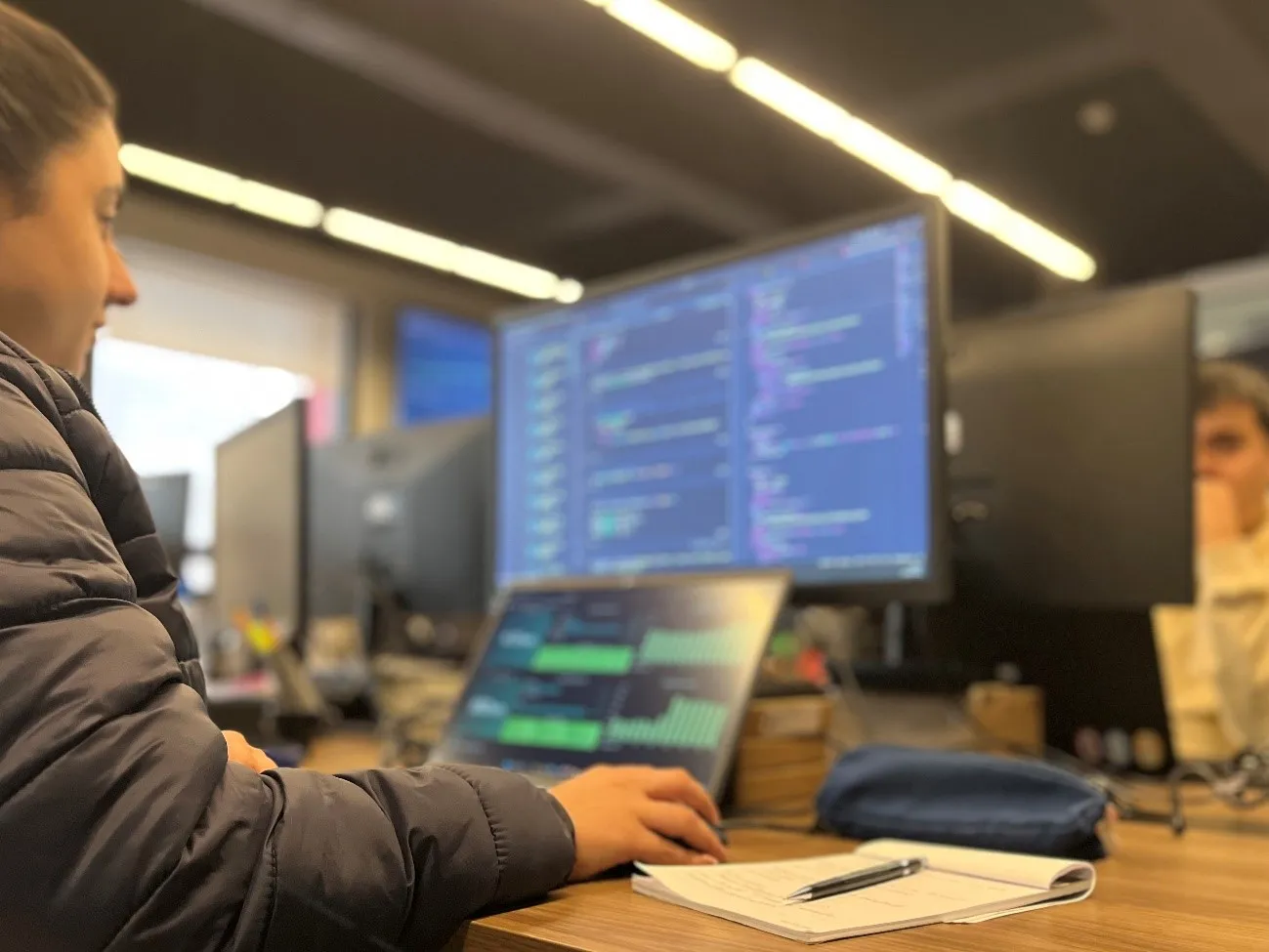
Interview:
The industrial sector’s qualification journey requires professionals to develop knowledge in emerging technologies, as these tools are essential for digital transformation. Skills in agile methodologies and design thinking are important to foster innovation and efficiency.
This is according to Marc Tawil, a communication strategist, mentor, speaker, and educator, in a conversation with ST-One about transformations in the industrial sector and the impact of emerging technologies. Tawil highlights that artificial intelligence (AI) and automation will be the primary shapers of the future of work in industrial sectors in the coming years:
“In my view, they will completely transform industrial sectors over the next ten years. AI will enable us to analyze large volumes of data much more efficiently, improving operations and decision-making. In manufacturing, for example, AI-driven predictive maintenance can currently reduce machine downtime by up to 20% and maintenance costs by 10% to 40%. Imagine that in 5 years. And in 10!” he says.
According to him, with automation, productivity and accuracy on production lines will increase significantly. “Collaborative robots, known as cobots, will work alongside us, performing repetitive and hazardous tasks, allowing us to focus on more complex and creative roles. The forecast is that by 2025, around 60% of manual tasks can be automated, enhancing safety and efficiency,” claims Tawil.
Check out more from the expert’s perspective on adapting corporate cultures for a data-driven future, developing skill sets for the industrial future, and much more:
What are the main challenges companies face when trying to adapt their organizational cultures to be more data-driven?
A: Resistance to change and the lack of technical skills to handle the new. Changing employees’ mindset to value data-driven decision-making is not easy. There is also a need to train the team so they know how to interpret and use data effectively. Another challenge is ensuring the quality and integrity of the data so that decisions are based on reliable information. Finally, knowing how to integrate data systems throughout the company, which can be complex and costly.
How can a data-driven culture benefit industrial sectors?
A: A data-driven approach makes operations more agile and competitive. It improves decision-making, allowing choices based on concrete data rather than assumptions. This increases efficiency and reduces operational costs. Data analysis also predicts machine failures, enabling predictive maintenance and reducing downtime. Product customization is also facilitated, better meeting customer demands.

What strategies might be most effective in overcoming these challenges?
A: I will highlight the 7 strategies that I currently consider most relevant:
- Leading by example, with executives incorporating data use in their decision-making.
- Continuous education with investment in training for all employees.
- Cultural change, through workshops and internal campaigns.
- More intuitive data analysis tools.
- Pivoting through smaller projects that quickly demonstrate benefits.
- Interdisciplinarity, with teams combining technical and business knowledge.
- Continuous feedback loop to adjust strategies.
With the growing digitalization, what skills and competencies do you consider essential for professionals aiming to stand out in the industrial job market?
A: If you are a professional looking to stand out in the industrial job market, you need to develop skills and competencies beyond the traditional. Here are some that I consider important today:
- Data literacy: the ability to interpret, analyze, and use data effectively to make informed decisions.
- Critical thinking and problem-solving: the ability to tackle complex issues with analytical and innovative thinking.
- Adaptability and continuous learning: willingness to constantly learn new technologies and methods, staying updated with rapid changes.
- Interdisciplinary communication: the ability to collaborate and communicate effectively with diverse teams, combining technical and business knowledge.
- Cybersecurity: understanding of digital security practices to protect sensitive data and industrial systems.
- Design Thinking: applying user-centered methodologies to develop innovative and efficient solutions.
- Agile project management: competency in agile methodologies to manage projects flexibly and efficiently, responding quickly to market changes and demands.
As an educator in edtechs, what is the importance of integrating technologies like IoT (Internet of Things) and Big Data in education to better prepare future industry professionals?
A: I see IoT as a catalyst for practical experiences and realistic simulations, where we develop essential skills for the job market, while Big Data allows for personalized education, identifying individual student needs and enhancing the educational process. These technologies familiarize students with modern tools and processes, increasing their employability and readiness to face challenges in an increasingly interconnected workplace with more diffuse boundaries.

Could you share some strategies that companies are adopting to ensure that the implementation of new technologies results in an inclusive work environment and promotes the continuous upskilling of workers?
A: Companies are adopting various interesting strategies, ranging from traditional approaches to innovative solutions: continuous training and skill development programs, mentoring systems to assist in adapting to new technologies, promoting diversity within tech teams, intuitive tools to facilitate employee adaptation, open communication channels for ongoing feedback, encouraging an organizational culture that values continuous learning and adaptation, collaborations with universities and educational institutions to offer courses and certifications that complement internal training.
About the Interviewee
Marc Tawil is a communication strategist, mentor, speaker, and educator. He is the #1 LinkedIn Top Voice, LinkedIn Creator, and Official LinkedIn Learning Instructor.
He is a professional speaker in the areas of the Future of Work, Future of Communication, AI and Digital Authority, Brand Evolution, and Society 5.0, and is a four-time TEDxSpeaker and TEDx master of ceremonies. He won the Special Aberje Voices of Communication Award in 2023.
Additionally, Tawil is a columnist for Época Negócios and Eletromidia Out Of Home, and serves as a Master Expert (curator) for the Executive Communication MBA at HSM University and as a LinkedIn Expert for O Novo Mercado. He is also part of the Ipsos Reputation Council—a global leader in market research. From 2010 to 2020, he was an entrepreneur in communication through Tawil Comunicação, the #1 Great Place To Work Brazil agency and BCorp certified by Sistema B.